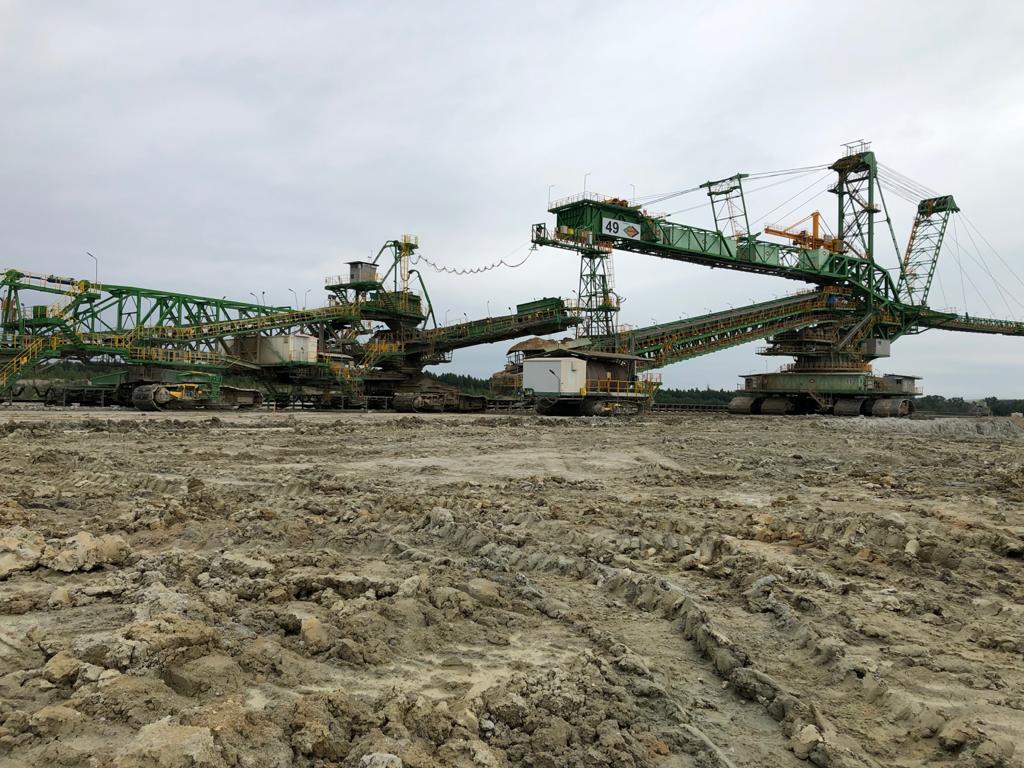„Today, I think everyone can see how important this area is, especially in the context of the war in Ukraine or the subsequent crises erupting in the world. Therefore, none of the leaders should decide to change the date of phasing out coal to before 2049,” says the leader of Silesian-Dąbrowa Solidarity trade union Dominik Kolorz in an interview with BiznesAlert.pl.
The current government concluded a social contract with mining communities, which provides for the operation of coal mines until 2049. However, the opposition, which will form a new government, has declared a faster transition away from coal burning. It is not known whether it intends to undermine the social contract.
BiznesAlert.pl: Is it possible to change the date of Poland’s departure from coal under the social contract?
Dominik Kolorz: Taking into account the pre-election declarations made here in Silesia by the camp, which will presumably take over the reins, that the social contract will be implemented and that the new ruling team will lead to its notification, I express my deep hope that the date will not change. Let me just remind you briefly that the social contract assumes that the last mine will be closed in 2049. These dates recorded in the social contract did not come from some whim, but are the result of a deep analysis. Of course, they should be correlated with Poland’s new energy program.
Another key issue is the energy security of our country. There was a time when energy security was quite commonly downplayed, it was considered a buzzword. Today, I think everyone can see how important this area is, even in the context of the war in Ukraine or the subsequent crises erupting across the world. Therefore, no one should change.
Will you block the new government’s plans to increase the share of RES?
Renewable energy sources can be one of the elements of the energy mix, in which, in short, there should be a place for zero-emission sources, nuclear energy, and conventional energy. I think the public needs to be aware of two things.
First, RES is not a stable source. This type of energy is volatile because the sun doesn’t always shine and the wind doesn’t always blow. This is particularly evident in our climate. Secondly, renewable energy, which is much more subsidized than conventional energy, is not as cheap as it may seem at first glance, and the so-called carbon footprint of the entire technological process through which renewable energy is produced and operated is very large, especially in the case of wind turbines. All components for the production of zero-emission installations are manufactured with high-emission technologies.
The idea of creating a National Energy Security Agency (NABE) was postponed, and the creation of the Agency in the form prepared by the current government is unlikely to find support in the new administration. In your opinion, is this a good direction for the healing of the Polish energy sector?
The concept of NABE was a good idea, although a correction may be necessary, which, incidentally, we have already suggested. Perhaps NABE should not be one big company, and the idea of creating two companies, two agencies – one based on lignite, the other based on thermal coal – would work better. In short, I would not abandon this idea, just correct it.
Interview by Jacek Perzyński









